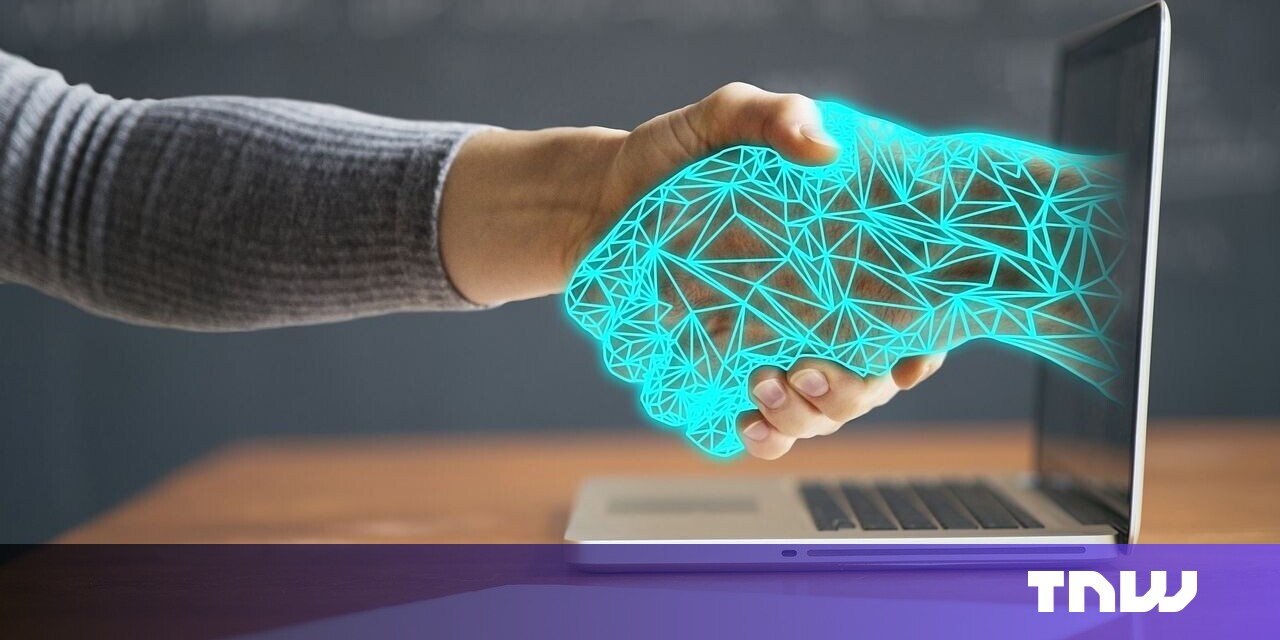Key Takeaways:
I. Generative AI redefines the traditional 'iron triangle' by enabling simultaneous improvements in cost, time, and quality, demanding strategic management for optimal outcomes.
II. AI empowers businesses to enhance customer satisfaction, boost employee productivity, and accelerate innovation, necessitating a holistic view of business success beyond traditional metrics.
III. Responsible AI adoption is paramount, requiring proactive measures to address ethical concerns related to bias, misinformation, and misuse, ensuring long-term sustainability and positive societal impact.
Businesses are undergoing a radical transformation fueled by artificial intelligence (AI). Generative AI, with its ability to produce high-quality text, images, ideas, and even complex software code, is upending traditional business success metrics. From automating mundane tasks to generating innovative solutions, AI is reshaping the competitive landscape and forcing organizations to rethink their strategies. This article explores the multifaceted impact of generative AI, examining its effects on cost, time, quality, customer satisfaction, employee productivity, innovation, and ethical considerations. We'll delve into how AI is redefining the traditional 'iron triangle' and explore the strategic imperatives for businesses to thrive in this new era.
Redefining the Iron Triangle: Cost, Time, and Quality in the Age of AI
Historically, project management and business success revolved around the 'iron triangle': Cost x Time = Quality. This equation implied trade-offs: faster delivery often meant higher costs or compromised quality. Generative AI is fundamentally altering this dynamic.
| Area of Impact | Productivity/Efficiency Gain | Source | Additional Context |
|---|---|---|---|
| Developer Productivity | 35% - 45% | McKinsey | |
| Code Documentation | 50% | McKinsey | |
| Code Refactoring | 20% - 30% | McKinsey | |
| Customer Service | 30% - 45% | McKinsey | Of current function costs |
| Generative AI Software Spending | $15B (2023) - $175B-$250B (2027 projected) | Industry Data |
AI empowers businesses to achieve both speed and accuracy simultaneously. McKinsey estimates that generative AI can improve developer productivity by 35 to 45 percent, with code documentation quicker by 50 percent and code refactoring more efficient by 20 to 30 percent. This translates to faster project completion without sacrificing quality.
Furthermore, generative AI's automation capabilities reduce costs. For instance, AI-powered chatbots can handle customer inquiries 24/7, reducing the need for large customer service teams. McKinsey projects a 30 to 45 percent increase in productivity in customer service through AI, translating to significant cost reductions.
The 'iron triangle' isn't obsolete, but redefined. Businesses must strategically manage the interplay between cost, time, and quality in the age of AI, recognizing that simultaneous improvements are possible but require careful planning and execution.
Beyond Efficiency: AI's Transformative Impact on Broader Business Outcomes
Generative AI enhances customer satisfaction through personalized experiences and 24/7 availability. AI-powered chatbots can analyze social media posts and customer data to understand sentiment and tailor interactions, leading to increased customer loyalty and retention.
AI also boosts employee productivity by automating routine tasks and providing valuable insights. AI copilots can assist with research, data analysis, and content creation, freeing up employees to focus on strategic initiatives. Previous versions of generative AI have shown 66% productivity gains, indicating significant potential for improvement.
Moreover, AI accelerates innovation by enabling rapid prototyping, testing, and development of new products and services. AI-powered tools can generate design variations, analyze market trends, and predict customer preferences, empowering businesses to innovate more effectively.
However, there are disparities in AI adoption. A 2023 McKinsey Global Survey revealed a 30% gap between North America and Europe, with 40% adoption in North America versus a lower percentage in Europe. This highlights the need for targeted strategies to ensure equitable access to AI's benefits.
Navigating the Ethical Landscape: Responsible AI Adoption
The transformative power of generative AI comes with ethical considerations. Bias in training data can perpetuate societal biases, leading to discriminatory outcomes. The ease of generating realistic fake content raises concerns about misinformation and its potential impact on public discourse and trust.
Responsible AI adoption requires proactive measures. This includes careful data curation to mitigate bias, implementing transparency and explainability in algorithms, establishing clear ethical guidelines, and ongoing monitoring for misuse. Furthermore, addressing potential job displacement through reskilling and upskilling initiatives is crucial for a just transition.
The Future of Success: Embracing AI Strategically and Responsibly
Generative AI is reshaping the business landscape, redefining success metrics, and presenting both immense opportunities and ethical challenges. To thrive in this new era, businesses must embrace AI strategically and responsibly. This requires a nuanced understanding of the evolving relationship between cost, time, and quality, a commitment to enhancing customer and employee experiences, a proactive approach to innovation, and a steadfast focus on ethical considerations. By navigating this transformative landscape with foresight and integrity, businesses can unlock the true potential of AI and shape a future where innovation and responsibility go hand in hand.
----------
Further Reads
I. 15 Impacts of Generative AI on Software Development ...
II. Generative AI: What Is It, Tools, Models, Applications and Use Cases
III. Generative AI Market Size And Share | Industry Report, 2030









